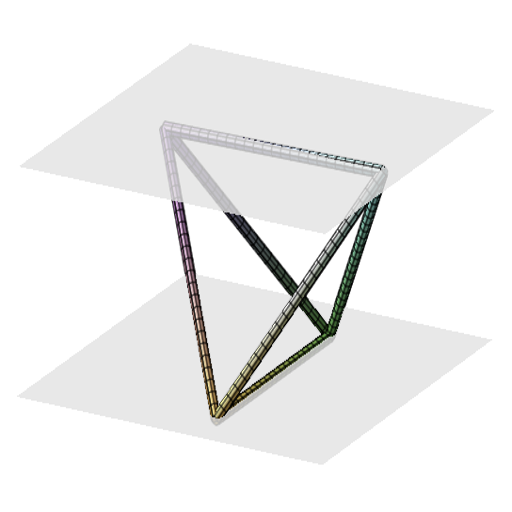Bonus content! This is a follow-up entry to my previous post, A Few Ideas on Education. Enough people have given me thought provoking content, that I wanted to share what they’ve said and what I think about it.
Using Computers to Teach Math
(I’ve already posted this in a comment on the original post, so if you’ve read that, you can skip this section.) Someone on my facebook feed asked me for my thoughts on the ideas promoted by this video:
http://www.ted.com/talks/conrad_wolfram_teaching_kids_real_math_with_computers.html
For the most part, I think this school of thought is spot on.
Conrad Wolfram is simply wrong when he says that by-hand algebra and calculus aren’t used in the real world. Real-world physicists and mathematicians do by-hand calculations all the time. We do this because it helps guide our physical or mathematical intuition, because a computer can’t solve the problem yet, because it’s difficult to understand the meaning of the output of the computer without doing the calculation yourself, or because it eventually becomes faster to do the calculation in your head than to plug the problem into a computer.
However, a lot of students won’t neeed this ability. Math and Physics are on the forefront of building new mathematical tools, as opposed to applying well established tools in novel ways (although they do that too). Perhaps students destined to be mathematicians or physicists can learn to do by-hand calculations, and everyone else can move on to computers.
At the college level, I’ve benefited hugely from playing with and interacting with an equation or a physical system on a computer, and I’d love to see this transferred to primary schools. Wolfram also argues that we use programming as a way to teach students the algorithms that we typically force them to practice by hand. I couldn’t agree more. I remember taking introduction to chemistry in college. I was really frustrated that every problem on the homework was the same question wearing a different hat. By this point, I had a little bit of programming knowledge, so I just wrote a program that could solve every single problem on the sheet. If everyone had been taught to do this, we all would have wasted a lot less time.
Perhaps a good way to go might be to teach the calculation method, go through some examples, and then for homework as the students to write a general solver. In my quadratic formula example, students would learn the method of completing the square used in the derivation, and then have to generalize to write a program that could solve the problem for them.
A Hedonistic Approach to Math Education
Someone shared the following article on my facebook feed:
It was republished on Keith Devlin’s fantastic blog, supported by the Mathematical Association of America. Devlin later posted this discussion, which is very worth reading. Lockhart’s article is one of the most beautiful critiques I’ve seen of the American educational system, and very worth reading.
Essentially, Lockhart argues that we should treat math education like music or visual art education: we should let students play with the ideas of mathematics and learn to think critically and be creative with them.
As an ideal, I think Lockhart’s ideas are wonderful, but in practice I think they don’t scale. Lockhart’s ideal of teaching requires that every teacher have a bachelors in mathematics and some research experience, which I don’t think is really possible. It also requires that we totally rethink our standards of education, and what it means to “know math.”
A lot of Lockhart’s critics argue that hedonistic education won’t prepare students to study science or engineering, which is critical in today’s society. Personally I think this is a bit silly. The most valuable trait an employer can ask for in an employee is the ability to think critically, which is exactly what a hedonistic math education gives a student. The rest can be picked up on the job or in college. Of course, college teachers will have to bring students up to speed on necessary ideas, but I don’t think this is a bad thing: that’ll be a lot easier of the students are enthusiastic about and engaged with the material.
Playing With Math on a Computer
It’s no accident that I bring up Lockhart and Wolfram in the same post. I think Lockhart and Wolfram want the same thing: move the emphasis of math education away from computation and towards creative critical thinking. Lockhart critiques the current system. Wolfram offers a solution.
Questions? Comments? Hatemail?
This content was brought to you by some comments on my facebook feed. I’d really love to hear what you all think on Wolfram and Devlin, so please post your opinion in the comments!
